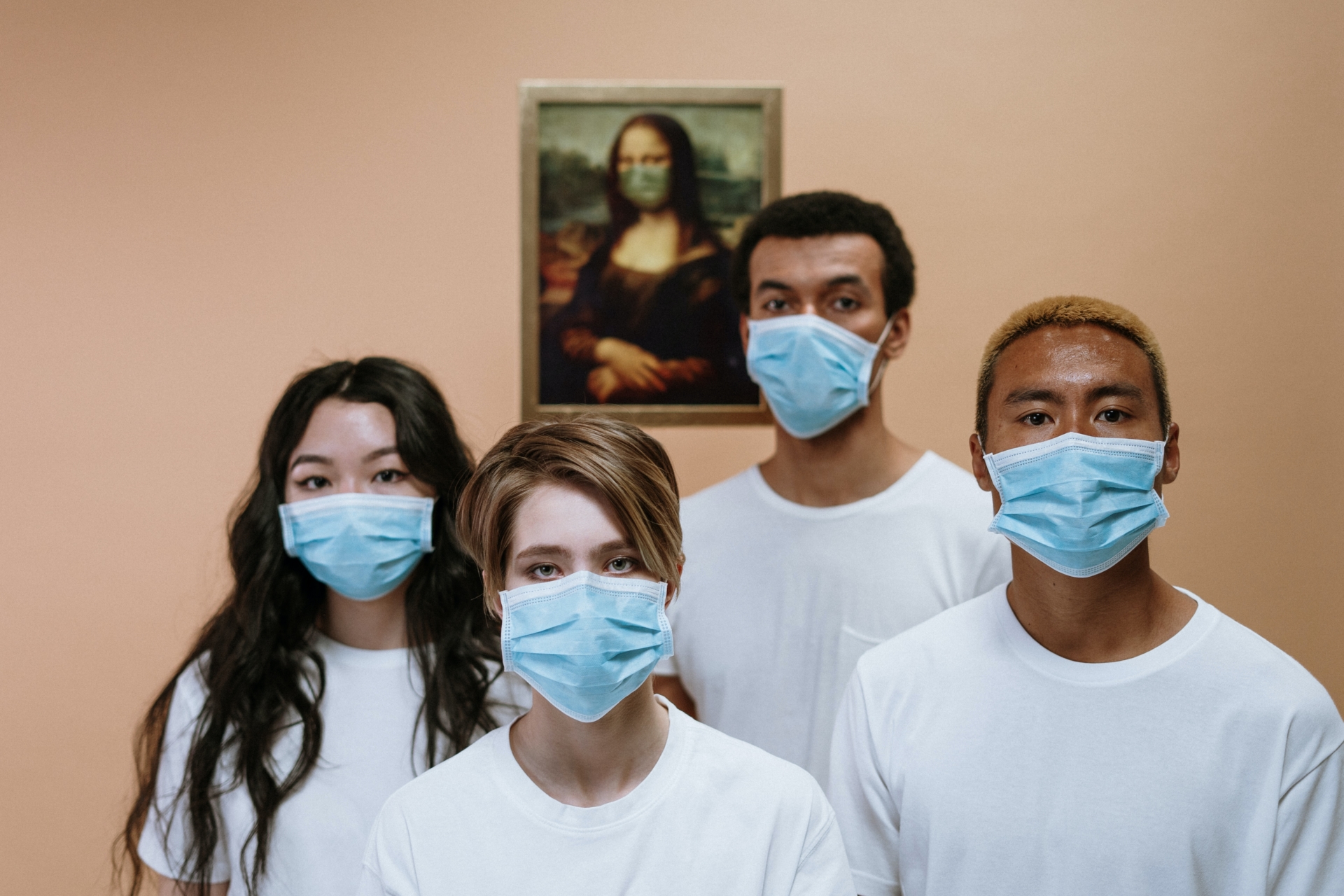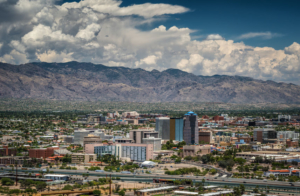Shortly after the pandemic forced the country to shut down, Dominic Derks woke up feeling like he couldn’t breathe. His hands were locked. His whole body was stiff. He was having his first panic attack.
Derks, 33, went to see a doctor that day and learned that he was experiencing anxiety.
“It felt like I was slowly dying, it was super scary,” Derks said.
Derks said that his anxiety was induced by not having a job and having no way of knowing when he would be making money again. He also said he was used to getting up each morning and having something to do with his day and no longer having that made him anxious.
COVID-19 has made getting and keeping certain jobs, such as ones in the service and travel industries, unpredictable, according to young adults searching for jobs this fall. Not knowing if they will find a job is leaving people who are close to joining the job force, or who are seeking financial stability, anxious and discouraged.
Alyssa Spiller, 22, is a senior at Arizona State University and was ready to get a job in the event planning industry. She said that the event industry was booming before COVID-19 — and she thought it always would be.
In August, Spiller applied for a guest experience position at the Professional Golfers’ Association (PGA) that was set to begin in the middle of October. She was selected for the position but was told it was dependent on how COVID-19 progressed.
“At the beginning of October, I got a phone call saying that they were not opening at all. Therefore, my job was completely non-existent and unnecessary,” Spiller said.
Spiller said that she used to joke around and say that her backup plan would be to move to Las Vegas for a few years and work in the hotel industry there to gain experience. When the pandemic started, friends of hers who worked in Las Vegas were getting laid off with no promise of being rehired.
“That was my safeguard so it’s definitely scary,” Spiller said.
Spiller said that she became discouraged and felt like getting her degree was a waste of time and money if there weren’t any job prospects.
Pilots in training also have less job security now that airlines are laying off employees and freezing the hiring process, Harry Reavis said.
Harry Reavis, also an ASU student, obtained his pilot’s license and got a job as a flight instructor at Fly Goodyear right before the pandemic hit. He said he is one of the lucky ones because he was told most of the flight schools in the Valley are no longer hiring.
He said that a lot of his friends are not able to start getting their hours in until after graduation and they will have to move across the country to find those opportunities.
After getting their licenses, pilots need to log 1,500 instruction hours before they can join a commercial airline or work for a private flight company. Reavis said that after he graduates from ASU in May, he will have all of those necessary hours but he may no longer have job security.
Reavis said he has been told most airlines will not be hiring for at least two or three years.
“I was pretty set up to get a $50,000 signing bonus and then go right into a $100,000 salary as soon as I graduated and that’s no longer there,” Reavis said.
Reavis said that the pilots who were furloughed due to the pandemic are taking the jobs that he and his friends need to gain experience.
Reavis said young pilots are looking for any job they can get “whether it is banner towing, firefighting, parachute jumping, flight instructing, literally anything you can do, everyone’s jumping on those opportunities right now.”
Restaurants are also making cutbacks to their staff due to COVID-19 guidelines on capacity limits.
Derks is bartender at Toca Madera in Scottsdale and said he wants to eventually open his own bar. When the restaurant reopened, leadership laid off 30% of the staff. Derks said that a few managers were let go and his bartending team went from 16 people to eight.
Derks said his years of experience helped him keep his job.
When the restaurant reopened, some employees were not notified that they were let go. Derks got a call a few weeks after reopening from a coworker and said, “he just wanted the information on whether or not he had a job or had to look for another one, and he basically got that through me.”
Derks said he believes high-end restaurant service jobs will be harder to find for a while because businesses are going to keep the workers they already have.
“If I do end up losing my job at Toca (Madera), I would have a very hard time finding another quality bartending job,” Derks said.
Career coach Fiona Bryan, senior Management Partner at The Bryan Group Limited, said that people are feeling stressed about spending time and money pursuing a degree for positions in industries that may not currently be viable options.
Bryan, founder of Ask a Career Expert, has over 25 years of experience and coaches people to help them land jobs and get promotions.
“The promise I can give people is to uncover the transferable skill set that are among 90% of the industries and the careers,” Bryan said.
Bryan said that transferable skills include understanding how to communicate personal value and the ability to solve a specific problem the company is facing. According to Bryan, if a person has this ability, a company will pay them to solve the problem.
Some important transferable skills that Bryan mentioned were sales, marketing and the ability to communicate.
Bryan said that as the world changes people need to adjust and “the world is changing right now almost every month.” She said that if someone really wants a career in an industry that is suffering because of COVID-19, they will put in the work and make it happen even if it isn’t in the way they wanted or expected to do so.
“I’m not saying it’s easy, but you know there is no easy button,” Bryan said, noting that people may need to consider taking volunteer positions to get their feet in the door
Rebecca Smouse, program coordinator at Cronkite’s Career Services, encourages students to take opportunities to show employers that “you’re hungry and you’re ready and excited to continue in this industry.”
Smouse said that even when the job market was stable graduating and joining the workforce was scary. The pandemic has put an extra layer of stress on top of that, Smouse said.
Family therapist Brandi Callison said people who are dealing with stress and anxiety due to lack of job prospects need to practice self care, adjust their job search and adapt to a virtual workspace.
Callison suggested that each individual identify coping mechanisms whether it be exercising, meditating or talking through career roadblocks.
“It’s incredibly important to be able to identify your social support system, whether it be friends, family, networking, with colleagues,” Callison said.
As for getting a job, Smouse said people need to lean on their networks from past internships, jobs or instructors to help find that next career step.




